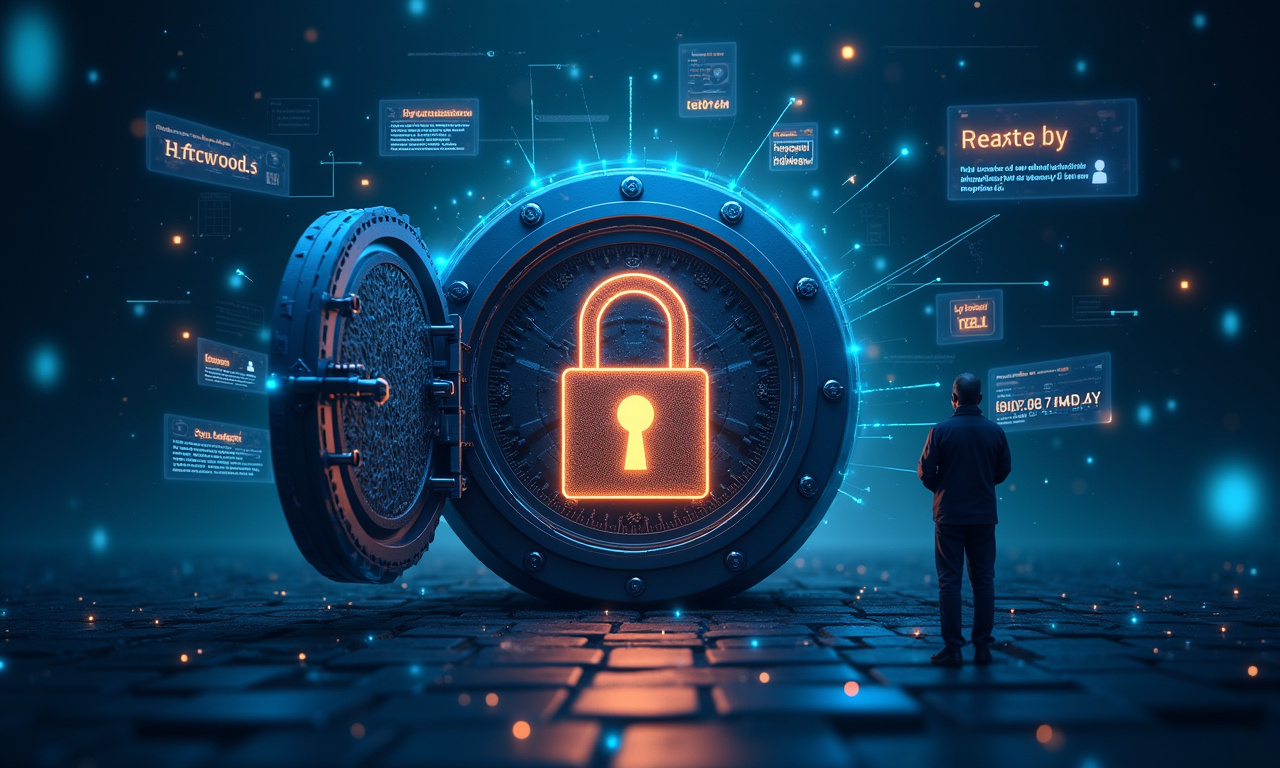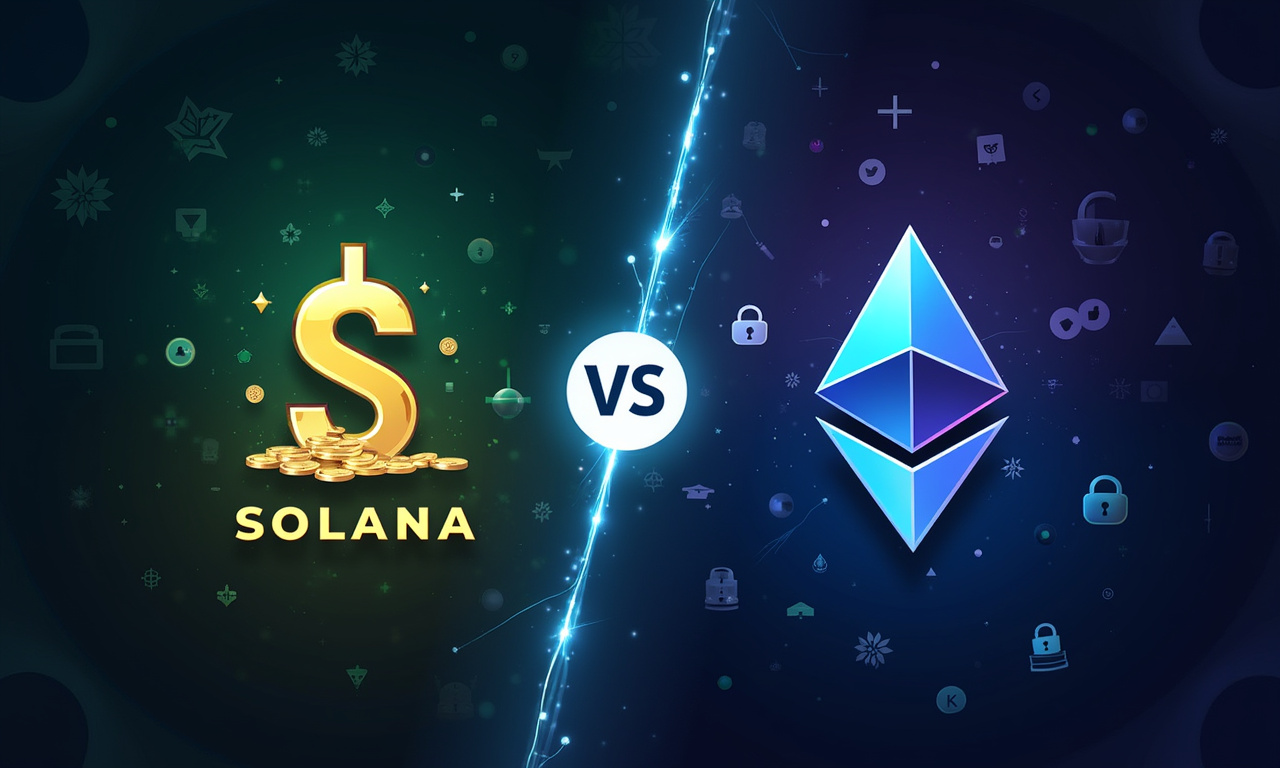
Sixteen billion credentials leaked. Sixteen billion. The news blares with stories of password reuse, weak authentication, and user carelessness. We’re lectured on the need to update our passwords yet again, utilize 2FA and otherwise self-flagellate for not being suspicious enough. Come on, let’s stop playing, is it really all our fault? I really believe that in this situation, we’re missing a giant part of the picture and really pointing fingers at the users in an unfair way.
Whose Fault Is It, Really?
We're bombarded with advice: unique passwords for every site, password managers, biometric authentication, the list goes on. This centralized model that continues to reign over the crypto space today does not help the growing password problem we all face. In summary, we can’t handle the password overload. We’re being forced into signing up for dozens of exchanges, custodial wallets and DeFi platforms, all needing their own unique password. And is it any wonder, then, that people are reusing passwords or keeping them written down in places that are insecure?
It would be similar to blaming a person living in the city for getting robbed when city officials built a poorly-lit, crime infested alley way. The issue lies not only with the person but their surroundings. Centralized crypto exchanges manage large quantities of user personal data, making them attractive targets for hackers. They look like an unmarked dark alleyway, enticing cybercriminals inside with the promise of a substantial jackpot. And you are the public individual who is now told to watch out.
Self-Custody: A Real Answer?
Okay, so centralized exchanges are risky. What's the alternative? The crypto mantra of "be your own bank" points to self-custody, taking control of your private keys and managing your own wallet. Well, let’s be real—self-custody isn’t easy-peasy. It’s not even like climbing Mount Everest without oxygen – it’s more like doing that on flip-flops.
Suddenly, you are responsible for everything. Lose your seed phrase? Your funds are lost forever. Click on a phishing scam? Bye-bye bitcoin. Accidentally send funds to an incorrect address? Too bad, can’t reverse that.
Self-custody, although conceptually transformative, is a massive hurdle to overcome for the average user. It puts an awful lot of pressure on the consumer to truly understand the technology and take responsibility, which quite frankly, the public isn’t ready for. It's like handing someone the keys to a Formula 1 car and expecting them to win the race without any training.
Let's not forget the human element. We're fallible. We make mistakes. We forget things. If ever there was a situation that seemed to require more than personal responsibility, this is it. The recent LinkedIn/Last.FM password leak just adds weight to this assertion! It sheds light on the perennial issue of password reuse and weak authentication being a common practice.
Security Trade-Offs: Devil is In Details
So, where does that leave us? While centralized exchanges do provide convenience and liquidity, it is a convenience that compromises security. Independence comes with tradeoffs, as self-custody provides strong security, but lacks the convenience and usability their custodial counterparts provide. It's a classic trade-off.
The reality is that there is no ideal solution in centralized custodies or in self-custody. It is clear that centralized exchanges must do much more to secure their crypto assets and should have strong risk management measures in place. Users need to be educated on the dangers of crypto storage. They must be empowered to make informed decisions about their storage choices.
| Feature | Centralized Custody | Self-Custody |
|---|---|---|
| Convenience | High | Low |
| Security | Low | High (Potentially) |
| Responsibility | Exchange | User |
| Risk of Loss | Hack, Insolvency | Lost Keys, Scams |
| User Skill | Low | High |
Think of it like driving a car. We understand the rules of the road, obtain a license, and (ideally) drive in a safe and responsible manner. Alongside individual action, we need car manufacturers to produce safer vehicles and governments to ensure there are safe roads to drive on. It's a shared responsibility.
This unprecedented password breach has impacted some of the largest tech platforms, including Apple, Google and Facebook. More broadly, it should be the wake-up call for the rest of the crypto industry. No more shaming users over poor password strength. We need to re-evaluate the underlying architecture of the crypto ecosystem and explore alternative models that prioritize user control and decentralization, while providing a user-friendly experience.
A Wake-Up Call for Crypto
Maybe the future lies in hybrid solutions: decentralized exchanges with built-in security features, hardware wallets with simplified interfaces, or multi-signature wallets that distribute risk across multiple parties.
The broader vision is to deliver a more secure and user-friendly crypto experience. In doing so, companies can empower their users to securely navigate their online interactions without requiring them to be cybersecurity professionals. That takes a deep change of thinking, folks. We have to stop looking to shift the blame onto the user and instead work on creating a more secure and ultimately more convenient system. It’s past time to stop creating dangerous dark alleyways and build inviting well-lit safe streets that everybody will enjoy using.
Ultimately, the goal should be to create a crypto environment that is both secure and accessible, where users can confidently manage their digital assets without having to become cybersecurity experts. And that, my friends, requires a fundamental shift in mindset, away from blaming the user and towards building a more secure and user-friendly system. It's time to stop building dark alleyways and start designing well-lit, safe streets for everyone.

Tran Quoc Duy
Blockchain Editor
Tran Quoc Duy offers centrist, well-grounded blockchain analysis, focusing on practical risks and utility in cryptocurrency domains. His analytical depth and subtle humor bring a thoughtful, measured voice to staking and mining topics. In his spare time, he enjoys landscape painting and classic science fiction novels.








